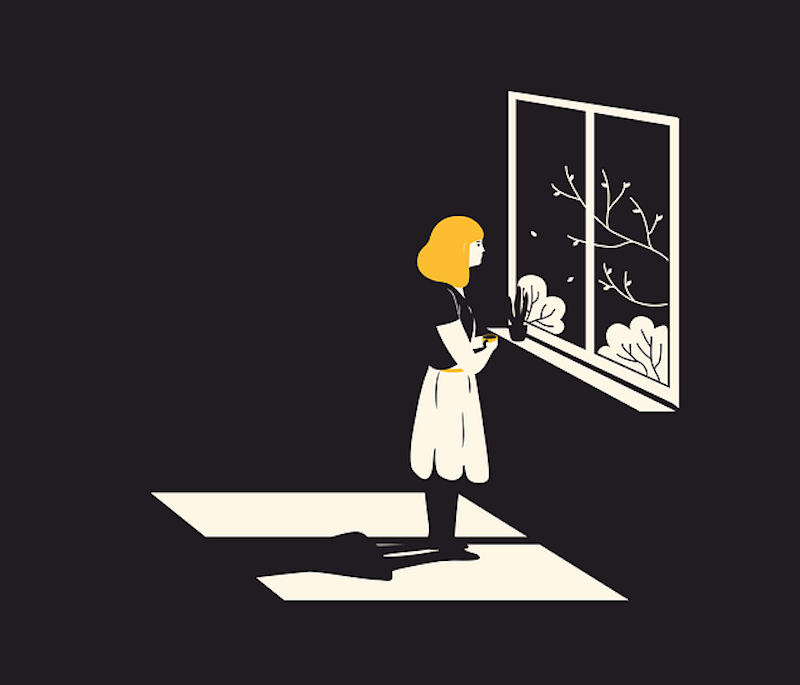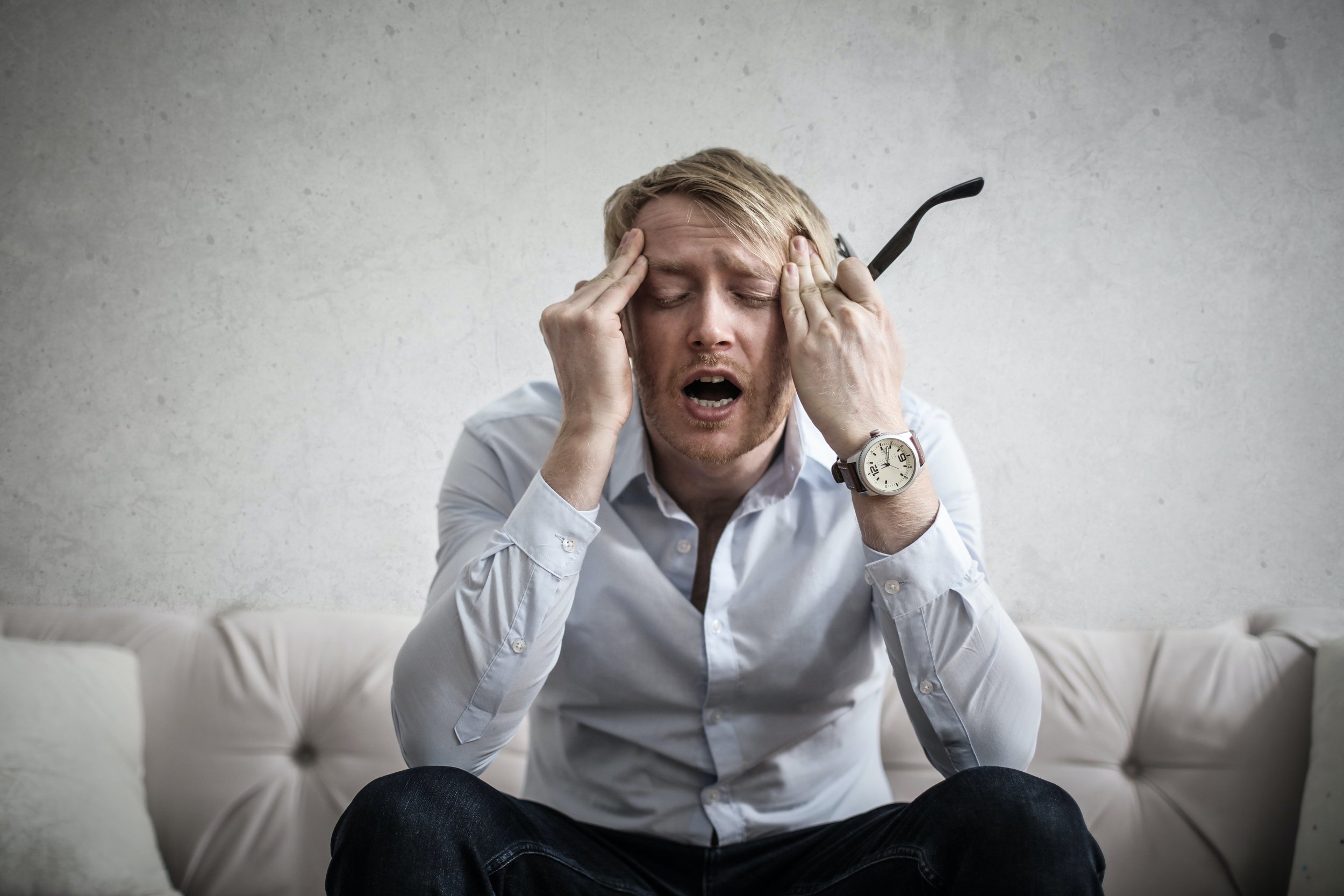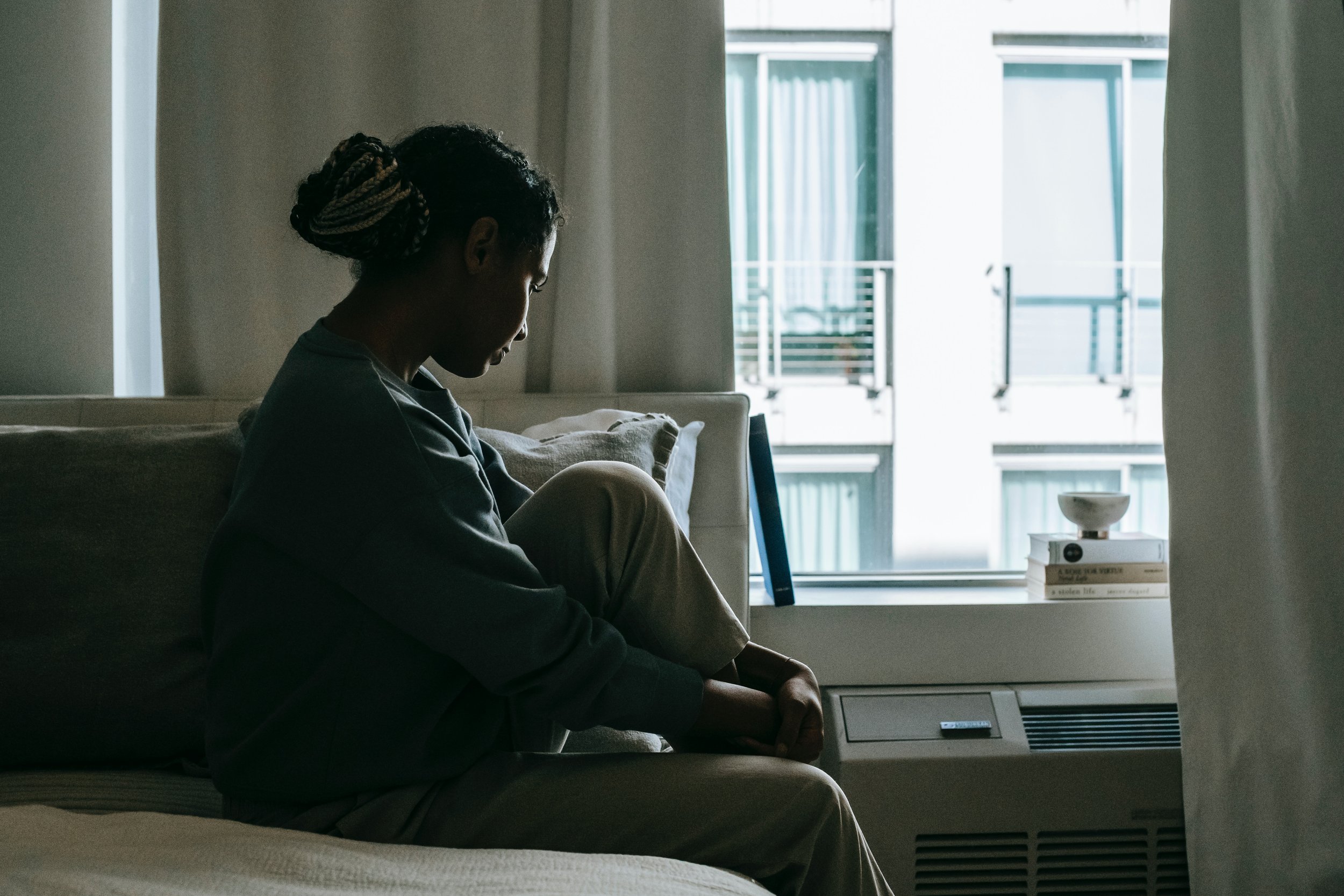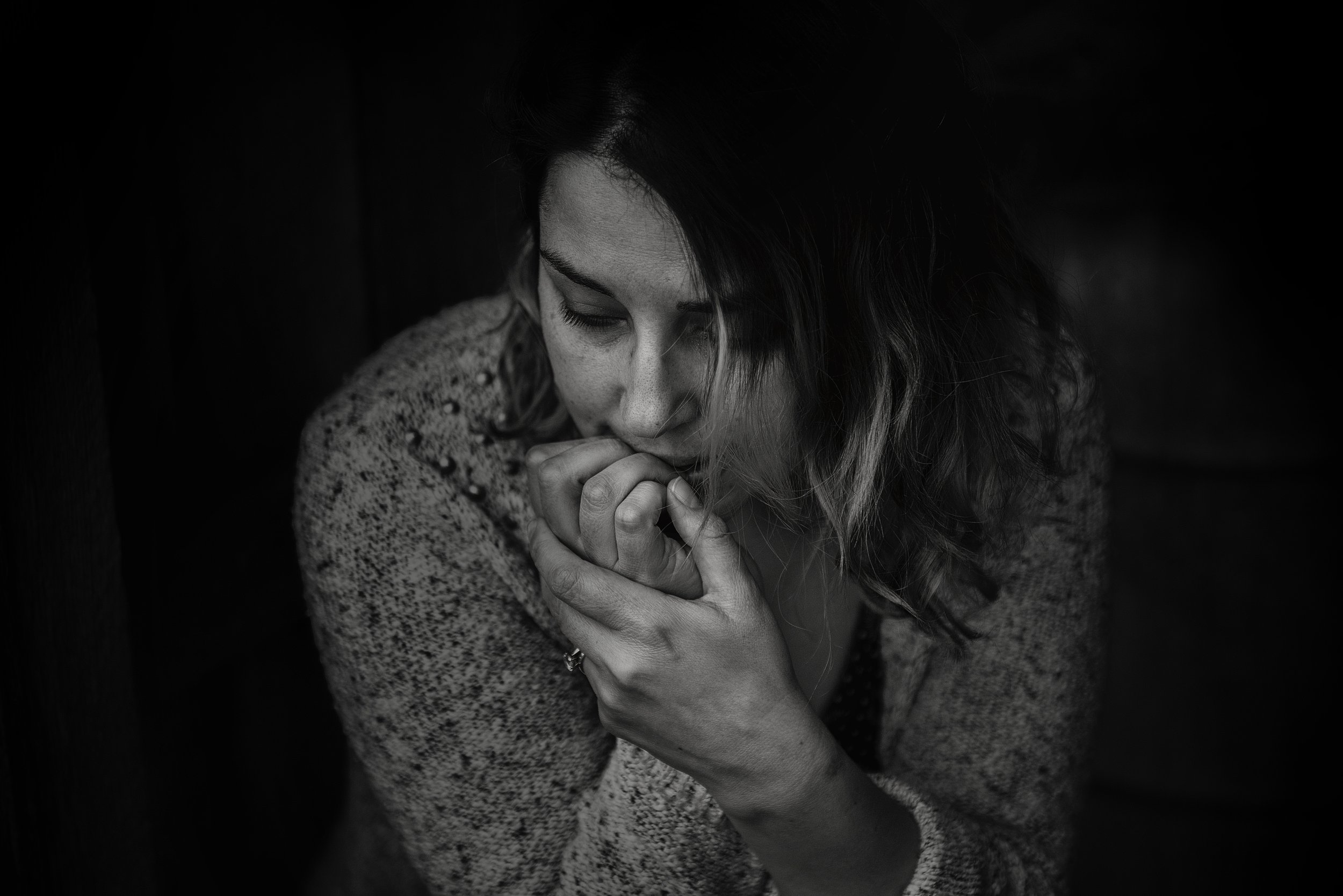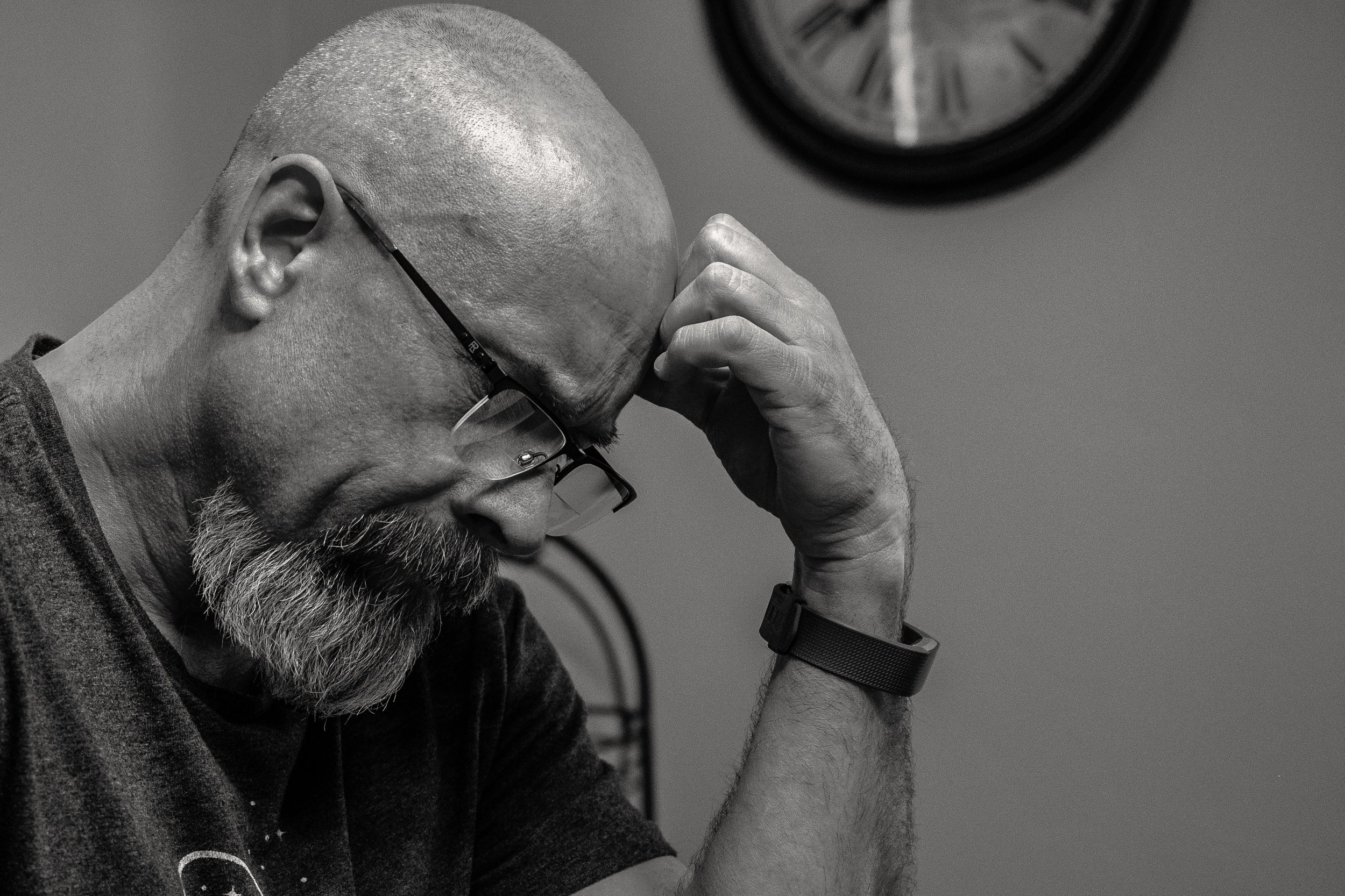Creativity and Anxiety
Lack of Purpose in Life and Depression
Navigating Life Alterations While Managing Anxiety
For those who experience anxiety, major shifts in life can feel like navigating an intricate maze with no compass. From moving to a new home to looking for a new job, change often brings difficult feelings that make anxiety even worse. This article, courtesy of Anxiety At Ease, aims to illuminate the path by providing constructive approaches to manage these transitions without allowing anxiety to dominate the experience.
Reconnecting with Serenity: How Grounding Exercises Tame Anxiety
Anxiety disorders impact millions of people worldwide, inflicting a significant burden on mental health and overall wellbeing. In the search of effective approaches, grounding exercises have gathered attention. Rooted in mindfulness, these techniques have shown to be effective in reducing anxiety and supporting emotional stability. This article explores the profound effect of grounding exercises on anxiety disorders, explaining the mechanisms behind their effectiveness.
The Link Between Selenium Deficiency and Anxiety
The prevalence of anxiety disorders has increased significantly in recent years. This alarming trend has been exacerbated by elements including elevated stress levels, social demands, and lifestyle adjustments. However, there is a growing evidence suggesting that selenium deficiency can also contribute to the development and exacerbation of anxiety disorders.
The Link Between Parental Rejection and Anxiety
Parental influence and its quality shape the development of adolescents. Its crucial role in child development is undeniable. Parental rejection happens when parents are neglectful, emotionally unavailable or dismissive towards emotional needs of the child. It has been demonstrated that there is an escalation of hostility and rejection towards children during adolescence. Parental rejection is a determining factor in the onset of psychological and behavioural problems in children. This article will explore a link between parental rejection and anxiety in adulthood.
How to Minimise Anxiety While Navigating Family Gatherings
Feeling stressed about visiting family is perfectly normal. But for some people, anxiety is a serious issue that permeates every part of their lives, and dealing with family just adds another layer of dread.
Excessive Use of Porn and Anxiety
Due to advancements in technology the accessibility of porn have significantly increased in recent years. As a result, there are concerns about the possible effects of excessive porn use on mental health, particularly anxiety. This article explores the complex relationship between porn and anxiety, analysing its potential harm on individuals’ psychological wellbeing.
The Complex Relationship Between Obesity and Depression
Obesity and depression frequently coexist, with people who struggle with obesity having a higher risk of getting depression and vice versa. There are numerous underlying factors that affect this relationship. The psychosocial stigma associated with obesity is one important component. Encountering prejudice, societal bias and negative body image can result in low self-esteem, social isolation and feelings of sadness, raising the risk of depression.
The Relationship Between Menopause and Anxiety in Women
Anxiety disorders are among the most prevalent mental health conditions worldwide, affecting both, men and women. During menopause, the hormonal fluctuations and decline in oestrogen levels can significantly influence a woman’s emotional wellbeing, potentially contributing to the development or exacerbation of anxiety symptoms.
The Negative Impact of Anxiety on Women’s Health
Anxiety is a common mental health disorder that affects millions of people worldwide. While occasional feelings of anxiety are normal, chronic or severe anxiety can have a significant negative impact on health. From physical symptoms to hormonal imbalances and increased risk of other health conditions, anxiety can take a toll on various aspects of well-being.
The Impact of Anxiety on the Body: Unveiling the Physical Effects of a Mental Health Condition
Anxiety can have extensive effects on the human body. Whilst commonly recognised for its impact on mental and emotional well-being, anxiety can also manifest in various physical symptoms. Understanding the physiological consequences of anxiety is essential for recognising and addressing the comprehensive impact of this condition.
Understanding Fear of Emotions and Anxiety
The fear of emotions refers to a psychological condition where individuals experience heightened anxiety and discomfort when faced with their emotions. Symptoms may include avoidance of emotional experiences, suppression of feelings, feeling overwhelmed and out of control when emotions arise. This fear could stem from various causes, such as traumatic experiences, cultural upbringing, or learnt behaviours.
The Impact of Social Media on Anxiety
In today’s interconnected world, social media has become an integral part of our daily lives, transforming the way we communicate, share information and engage with the world around us. While it offers numerous benefits, the excessive use of social media platforms has raised concerns about its impact on mental health, specifically anxiety.
Codependency and Anxiety
Codependency is a complex and often misunderstood condition that can have a significant impact on an individual’s mental health. Codependent people tend to be overly reliant on others for their emotional well-being, often at the expense of their own needs. This can lead to high levels of anxiety, stress and even depression.
The Impact of Gratitude on Anxiety
Gratitude practice has numerous benefits for mental and physical health, including reducing anxiety. By cultivating positive emotions, enhancing resilience, improving sleep, enhancing social support and increasing mindfulness, gratitude practice can be a powerful tool in managing anxiety.
Cherophobia: Understanding the Fear of Happiness
Cherophobia is a condition that is characterised by an irrational fear of happiness or joy. This condition is not widely recognised in the medical community, and therefore, it is often overlooked or misdiagnosed. People who suffer from cherophobia may avoid positive experiences, events or activities that may lead to happiness and they may also feel guilty when they experience happiness.
The Impact of Social Isolation on Mood Disorders
Social isolation can have a profound impact on mood disorders, including anxiety and depression. Research has shown that individuals who experience social isolation are at a higher risk for developing anxiety and depression, and for those who already suffer from these conditions, social isolation can increase their symptoms.
Childhood Trauma and Anxiety
Anxiety is a common mental health issue that affects millions of people worldwide. It is manifested by excessive worry, fear, nervousness about future events, even thought there may be no immediate threat or danger. Childhood trauma is a significant risk factor for the development of anxiety disorders. According to research, children who experienced trauma are more likely to develop anxiety symptoms in adolescence and adulthood.
Overthinking and Anxiety: Understanding the Connection
Overthinking, the process of dwelling on thoughts and analysing them to an excessive degree, is a common experience for many people. Whilst some level of reflection can be helpful for problem-solving, overthinking can often lead to increased anxiety, stress and even depression.

